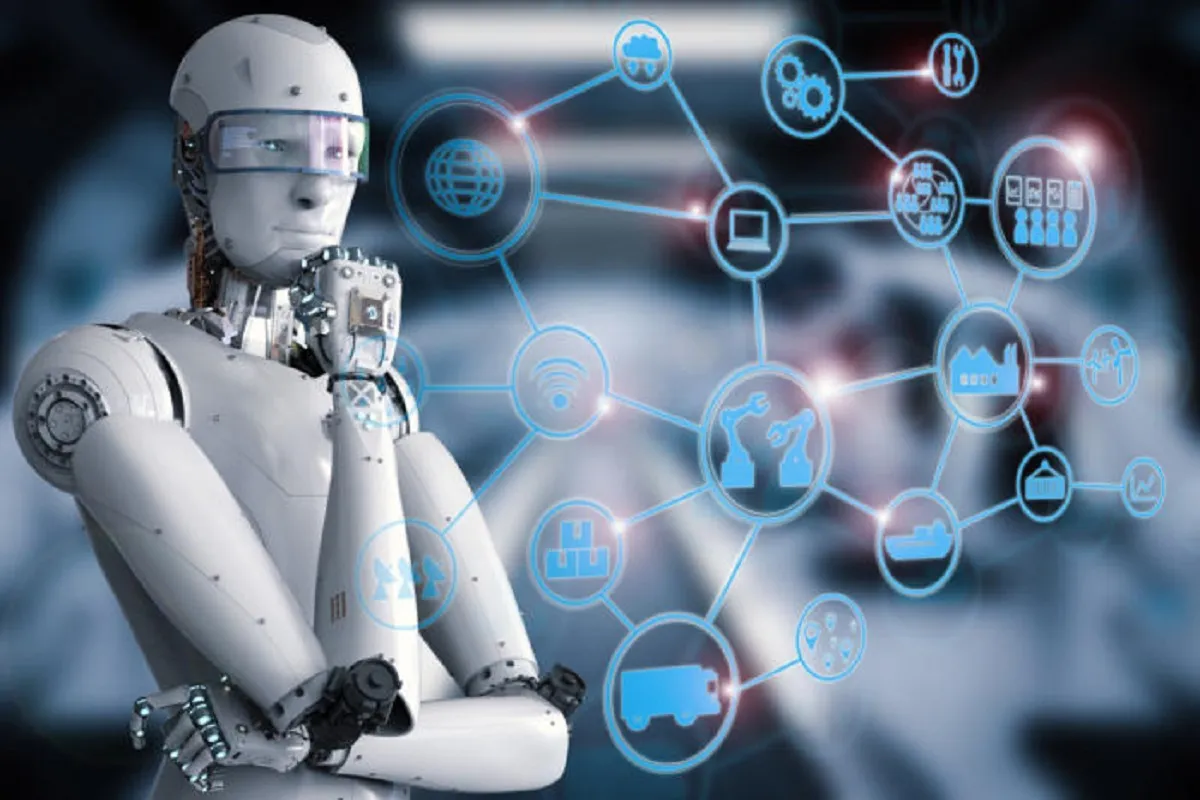Table of Contents
Darryl Betts
Darryl is a businessman and a post-graduate student in Philosophy at the University of Auckland, with particular interests in the philosophy of science, philosophy of mind, epistemology, logic, and AI. He holds a BSc in Computer Science and a BA in Philosophy, Logic and Computation.
Will artificial intelligence bring untold good to humanity, or will it be a catastrophe? I think it is very unwise to make strong claims either way. I’m not so much thinking about artificial intelligence having its own intentions (that’s a whole new level of problem) – merely about how the existence of artificial intelligence will affect the human workforce.
When people express concern that artificial intelligence will put everyone out of a job, one common response which is offered is that the industrial revolution in the 18th and 19th centuries created more jobs than it eliminated, and I would guess so too did the computer revolution in the second half of the 20th century. This seems like grounds for optimism, but I think there are some reasons to be cautious about the artificial intelligence revolution.
It’s common to think that we live in a unique time, but then we are reminded (probably by our parents) that previous generations thought that too. So how do we decide whether something is more of the same (e.g. just another technology revolution), or something genuinely unprecedented?
Is artificial intelligence just the latest in a series of increasingly sophisticated computing tools, or is it something fundamentally different? We could point to certain technical differences which make it fundamentally different, but I think what is more important is the question of the role that artificial intelligence will play from the perspective of a human workforce. The two roles that seem to be relevant here are tool and competitor.
The machines created in the industrial revolution were tools in the sense that they allowed some number of humans running the machines to do much more than those humans would otherwise have been able to do. But they were also competitors in the sense that one machine could more or less replace some number of humans in a specific task – and so that put people out of work. But crucially, they also spawned numerous new jobs – there were people to mine the raw materials, to design and make the machines, to sell the machines, to deliver and install and fix the machines, and many others.
The artificial intelligence of today is a tool, but it is also looking like a competitor to an increasingly large number of people. Now let’s imagine a future day, possibly not too far from now, where we have humanoid robots walking among us – capable of working with their hands and their brains. It seems clear that they will be serious and possibly superior competitors.
Will robots spawn numerous new jobs just as their cast iron steam-powered ancestors in the industrial revolution did? It’s true that right now we need people to design, build, transport, install, and fix robots – but how long before robots can do all those things? Will robots open up new industries that will create more jobs for humans? Or will robots fill those jobs too?
There is also an important question – which technology enthusiasts tend to overlook – about how much damage will occur as we transition from where we are now to the new future. While the industrial revolution created more jobs than it destroyed, it seems likely that it did cause some suffering as certain jobs disappeared. There is a limit to how quickly people can adapt, and we can be fairly sure that this new revolution will involve much more rapid change – so the potential for collateral damage during the transition is even greater. And we are talking about many more people.
We may eventually get to some kind of stable mix of robots and humans in society. But how do we get from here to there? Economics will be important. Artificial intelligence which is too expensive will be a tool only for the rich and so will likely further increase the gap between the rich and the poor. Artificial intelligence which doesn’t cost anything could be equally devastating to society. There is also the question of rights. At what point will robots be so human-like that we are forced to ask whether they have rights?
So – tool or competitor? I think the line is blurred – and malleable. As artificial intelligence tools become more and more like humans in the ways that matter, they will have the ability to be competitors in a very real sense (or even masters). Will we be able to hold on to our position as tool users? Will artificial intelligence make us all Kings, or will it make us all slaves?









